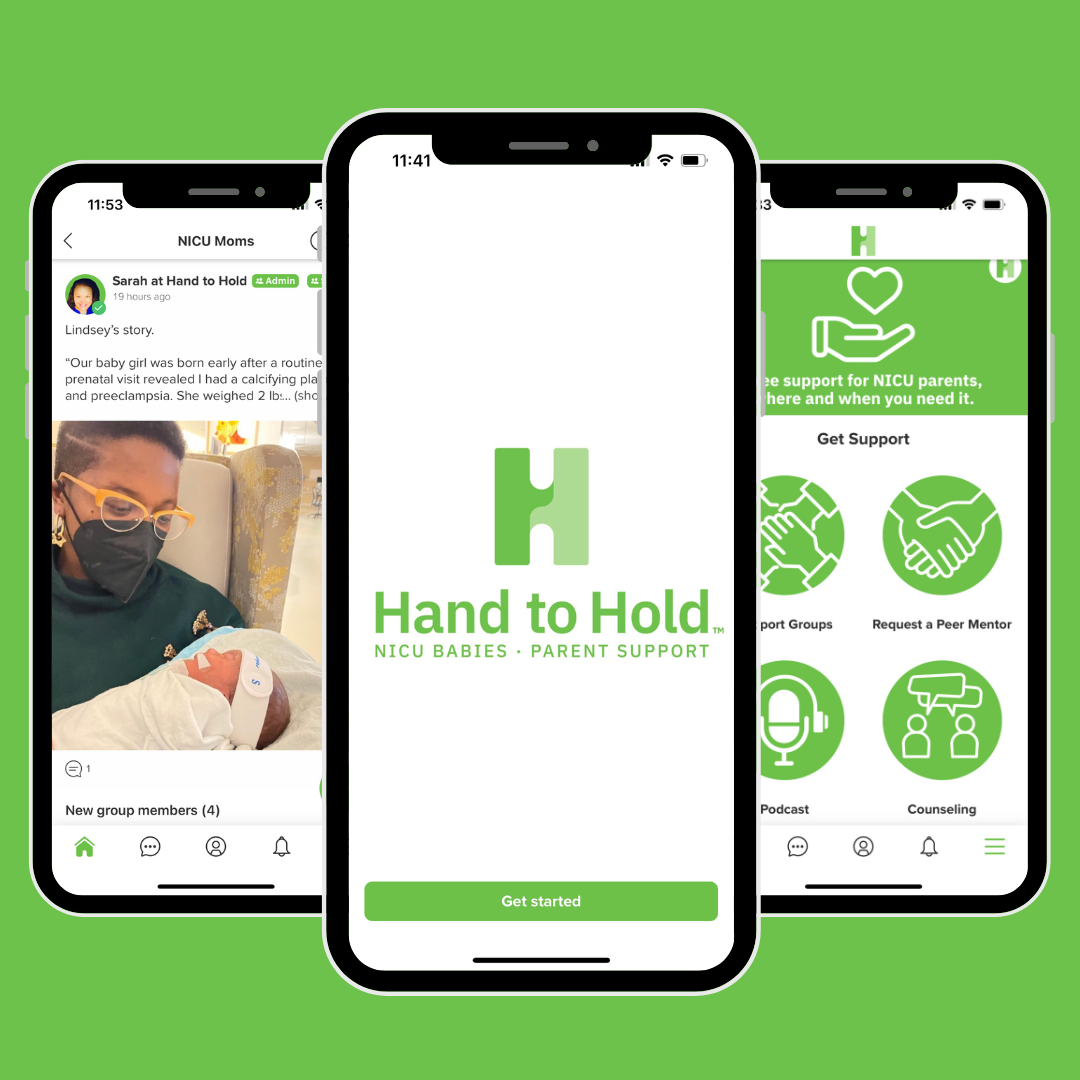Lactation consultants understand first-hand how crucial breastfeeding is to premature babies. They also know the challenges mothers face and how much support is needed during this time for both mom and baby. We interviewed Kay Needles, an International Board Certified Lactation Consultant and NICU nurse at St. David’s Medical Center, to help identify some of the unique circumstances mothers of preemies might face.
What are some of the special considerations with NICU babies when it comes to breastfeeding?
Premature infants need breast milk more than most. Because of their early births, they haven’t received all the antibodies and nutrients from their mother that they would have if they’d been full-term. Fortunately, the colostrum and breast milk of mothers of preterm infants can still deliver these vital nutrients. Its properties are unique and make the milk the best medicine available to vulnerable infants – especially when it comes to preventing infection of their immature digestive system.
Most babies aren’t developmentally ready to nurse until they are 34-35 weeks gestation (adjusted age if they were born early). Many are unable to coordinate the suck-swallow-breathe pattern required to nurse or have problems with getting too tired to finish a feeding. For this reason, pacifiers are actually encouraged in the NICU. This “non-nutritive” sucking gives them practice and helps their oral development and stamina.
Because they need time to develop their feeding skills most premature babies will take their first breast milk by feeding tube. Even before your baby is ready to nurse, take every opportunity available to hold your baby skin-to-skin, nuzzle them at the breast, and practice kangaroo care. Each step will bring you closer to successful nursing.
Initially, some NICU babies will have challenges at the nipple. Nipple shields can help a mother and her baby by making the nipple easier to stay latched on to and by moderating the flow of the milk. Nipple shields also may help transition a baby to the breast who has become used to the bottle.
It will take time – sometimes much longer than you think it would – to establish your milk supply. Try not to get discouraged. A good quality breast pump can make a big difference. While you’re in the NICU, you will be able to use a high-quality, hospital-grade breast pump. But you have other options as well. Qualifying families can borrow a high-quality breast pump through the WIC program. You can purchase your own (here’s Kay’s recommendation), or may also be able to rent a breast pump directly from your hospital.
How can fathers, family, and friends support the mother as she pumps and breastfeeds?
There’s a lot that can be done!
- Wash and maintain all the pumping equipment and storage containers. When a mother doesn’t have to wash and maintain the machinery, she can focus on relaxing and pumping!
- Support your partner! It can be a long journey from pumping for a fragile infant to direct breastfeeding. Moms need support every step of the way.
- Keep her well fed and hydrated.
With the support of family and a certified lactation consultant, mothers can give their babies the best nutritional and developmental start possible.
Nutrición de bebés prematuros: El aumento de la producción de leche
For more information on breastfeeding your NICU baby:
European Foundation for the Care of Newborn Infants

 Get the app designed just for NICU moms and dads. Support, community, and educational resources, right at your fingertips. Download today from the App Store or Google Play.
Get the app designed just for NICU moms and dads. Support, community, and educational resources, right at your fingertips. Download today from the App Store or Google Play.